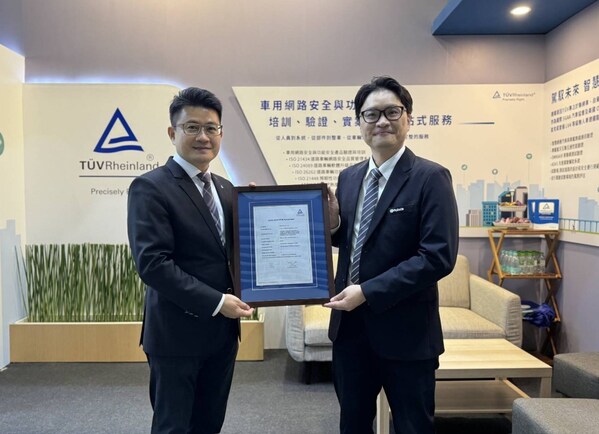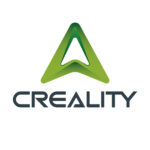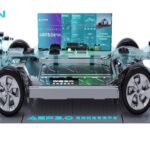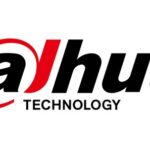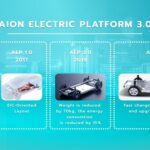TAIPEI, May 9, 2024 /PRNewswire/ — In just two short years, KopherBit has demonstrated its outstanding software development ability and passed ASPICE CL2 assessment with TÜV Rheinland. This assessment proves that the company’s standard of software development meets international standards for automotive software process.
KopherBit is a new start-up, but its team previously accumulated extensive development experience in automotive software at the Industrial Technology Research Institute (ITRI). Their most recent success has been the development of automotive software/firmware and software/firmware/hardware integration controller solutions. These solutions offer a complete product package that includes software development kits and controller hardware. The KCU, general automotive controller, can be used in many application scenarios, including powertrain systems, drive by wire systems, and battery management systems for customers. The KCU GEN1 controller is already being used in most electric buses in Taiwan.
Automotive SPICE (ASPICE) is an international standard for the automotive software development process aimed at improving the efficiency and quality of software development in the automotive industry. ASPICE is also an important indicator that is used by the automotive industry for evaluating the project development capability of suppliers. ASPICE is divided into five levels, ranging from 0 to 5, which represent the maturity of business organizations’ software development process. ASPICE CL2 (Capability Level 2) is the second level in the ASPICE model and is also referred to as “Managed.” An organization rated as CL2 has established a basic software development process. Basic management and control are also practiced to ensure the consistency and quality of software products. Passing CL2 assessment means the organization has established a basic software development process that conforms to the ASPICE standard and is actively seeking continuous improvements and upgrades.
To comply with the strict guidelines on vehicular and automotive software, the KopherBit team made efforts to establish an ASPICE-compliant development process and sought technical assistance from TÜV Rheinland. ASPICE assessments are extremely rigorous. Obtaining the assessment within two years has been no mean feat for a new start-up, but has also been very rewarding in terms of experience. This represents not only recognition of a vendor’s technical development capability but also opens the doorway to overseas markets.
James Liu, General Manager of the Industrial Services and Cybersecurity Division at TÜV Rheinland Taiwan, pointed out that the challenge for enterprises lies in “how to implement the requirements of ASPICE.” It is essential to deeply understand and master these requirements before devising specific implementation methods based on actual circumstances. This involves clarifying the logic throughout the entire software development process, enabling developers to understand the rationale behind each step clearly, thereby making the development process more transparent and controllable. The assessment achieved by KopherBit demonstrates the company’s commitment to quality management and also establishes its capability to align with the international automotive market.
KopherBit Vice President Chi-Seng Lee states that the company will continue to move towards ASPICE CL3. Continuous improvement to the quality, reliability, and safety of its automotive software products will help KopherBit expand into overseas markets.
The TÜV Rheinland automotive experts can cater to the product testing and certification requirements of the automotive supply chain, including professional training, IATF 16949 and ISO 27001 quality management standards, ASPICE, TISAX, ISO/SAE 21434, Internet-of-Vehicles testing, and charging system testing. These services help reduce risks and improve product competitiveness for businesses.
Source: TUV Rheinland Taiwan Ltd.

